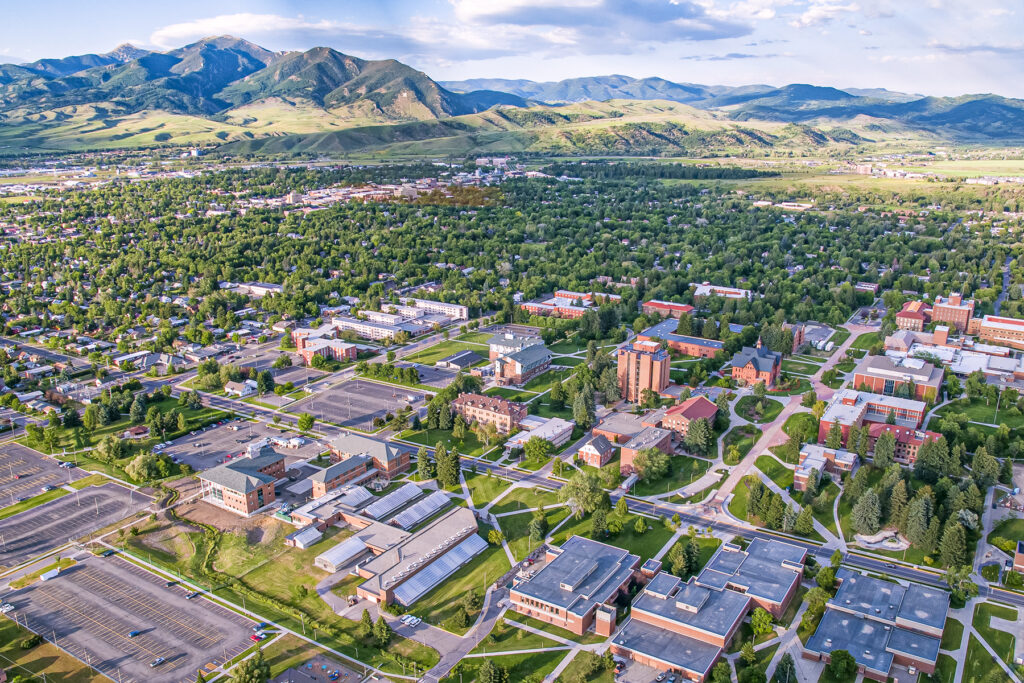The minimum wage rate in Montana is based on the Consumer Price Index, which is revised annually. In general, this rate is the same for all workers. In 2008, the state increased the minimum wage by $2.65 from $6.55 to $9.20, making it higher than it was prior to that time. Because the minimum wage rate is tied to the Consumer Price Index, it is intended to increase with inflation. This yearly reevaluation takes into account changes in the Consumer Price Index and other factors.
Minimum wage in Montana is based on Consumer Price Index
The minimum wage in Montana is based on the Consumer Price Index (CPI). The state law states that the minimum wage is updated every year based on changes in the CPI. As a result, the minimum wage is raised a bit each year. This is because the CPI reflects changes in the cost of living. This means that the minimum wage in Montana is adjusted by the percentage of the change in the consumer price index. The changes are effective on January 1st of the following year. In addition, employers in Montana are required to comply with federal minimum wage laws.
https://minimumwagess.com/montana-minimum-wage-2/ If you want to learn about minimum wage and more you can click on it.
As a result, the minimum wage in Montana is higher than the national minimum wage. While Washington has the highest minimum wage, Montana is one of 10 states that adjust their minimum wage to reflect changes in the CPI. Most recently, Oregon and Washington announced increases in their minimum wage to $9.10 an hour in 2014.
Rate is re-evaluated yearly
The minimum wage in Montana is re-evaluated annually. In 2008, it was increased by $2.65 from $6.55 per hour to $9.20. It is tied to the Consumer Price Index and will increase each year in line with inflation. Since it is re-evaluated yearly, employers are required to adjust the minimum wage to reflect the changes in costs of living.

The Montana Minimum Wage is set by law to be indexed to the federal Consumer Price Index (CPI). Consequently, any increase in the CPI will increase the minimum wage by the same percentage. However, if the CPI decreases, there will be no change in the minimum wage. In the month of August this year, the CPI rose by 5.25%, which means that the minimum wage will increase by the same amount. This rise is driven by the cost of gasoline and vehicles, which have risen in price.
Background checks are not required in Montana
While Montana does not require background checks, there are some exemptions. State laws prohibit discrimination on the basis of lawful products sold off premises and against individuals who have debts. Additionally, wage garnishment is illegal in Montana. This means that employers cannot fire a person for being unfaithful or for being unemployed.
In Montana, employers are not required to conduct background checks on applicants unless the position is safety-sensitive or involves fiduciary responsibility, and only in cases of hazardous work environments. Additionally, employers that conduct background checks must comply with Fair Credit Reporting Act (FCRA) requirements.
Rate is the same for all individuals
In Montana, the minimum wage is $8.50 per hour, which is almost $2 more than the federal minimum wage. The wage is reviewed every year and increased proportionately to the cost of living. It is also subject to inflation, and therefore, the rate may increase or decrease every year. In August, the CPI was 5.25 percent higher than it was in August 2017. The rate is rising because of the rising cost of gasoline and vehicles.

Overtime pay is equal to 1.5 times the regular hourly rate. In some states, employers are required to pay the overtime rate for all hours worked beyond the scheduled working hours. In Montana, there is no daily or weekly limit on the number of hours that are covered by overtime, but employees must be paid at least 1.5 times their regular hourly rate. If an employee is not paid overtime, they can file a claim with the Montana Department of Labor.
It is equal to 4.33 times the standard hours per week
The minimum wage in Montana is equal to 4.33 times the standard hours worked per week. However, you should keep in mind that the state doesn’t require that you take any breaks. Although the state doesn’t require lunch breaks, you’re still entitled to get paid for your work that is performed during a break. In addition, short breaks of five to 20 minutes are also considered part of your workday.
In addition to these benefits, you will also receive a paycheck for every hour worked. The minimum wage in Montana is adjusted every year to keep up with inflation. In 2008, the minimum wage was raised by $2.65, which was based on the Consumer Price Index. The increase takes effect January 1 of the following year. It is also necessary for you to pay your employees the required minimum wage as it is required by federal law.



